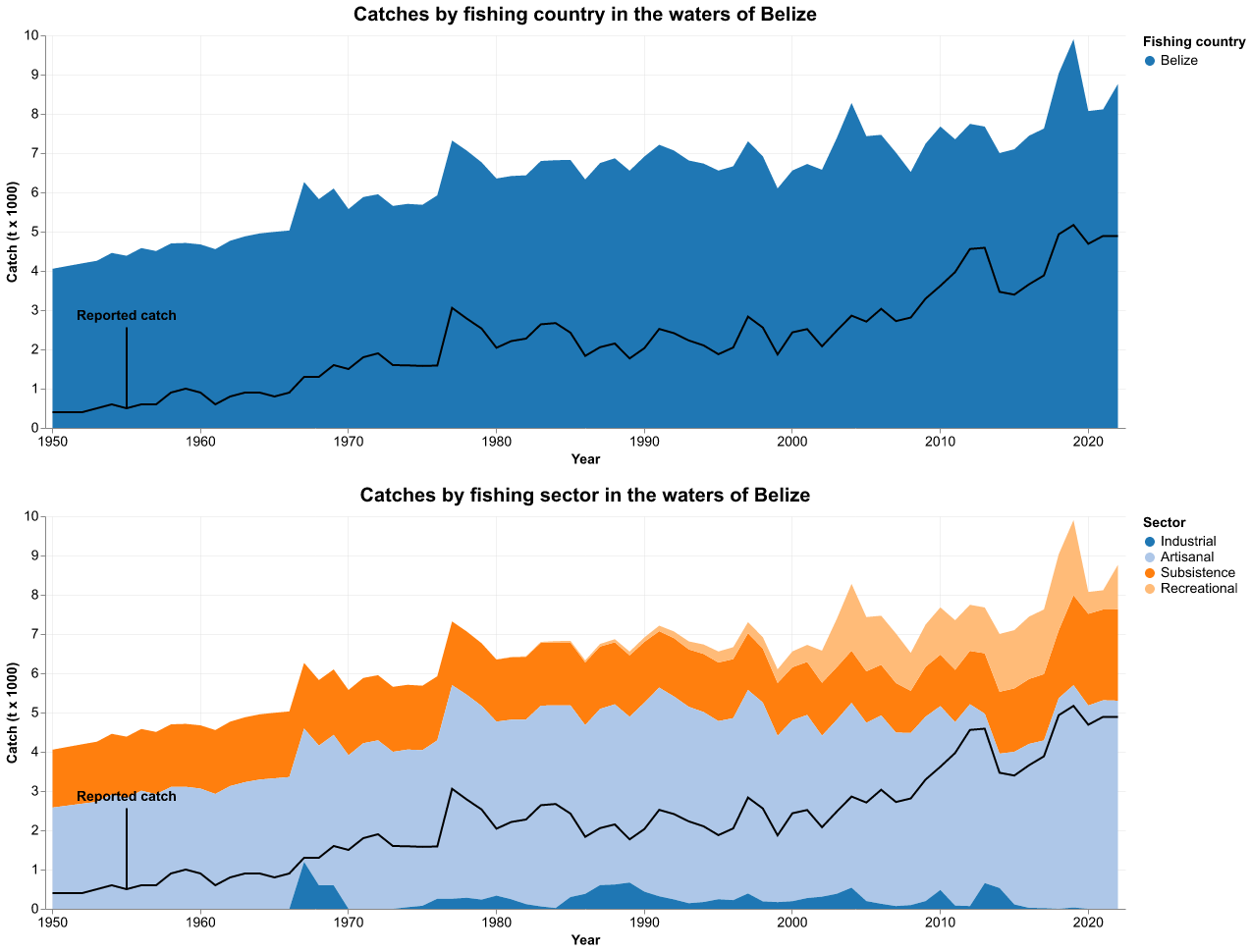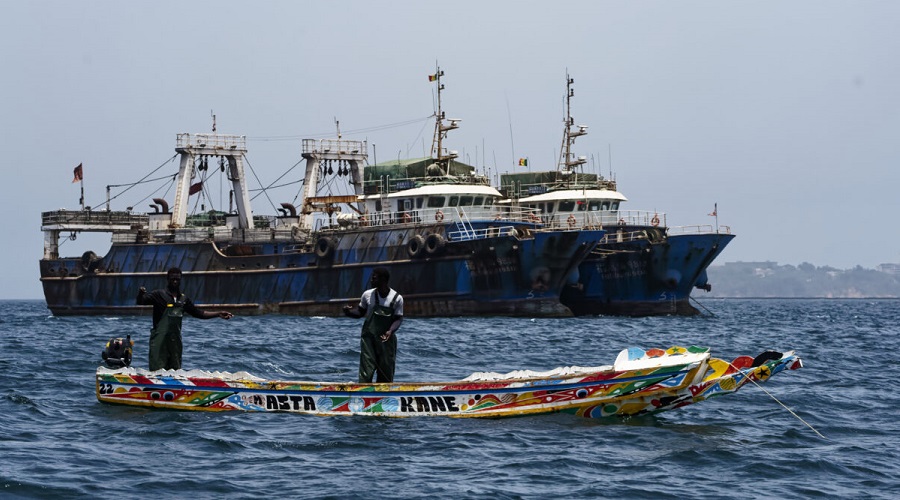
Fisherman casting net at sunset in Mandalay. Photo by Pyae Phyo Aung, Pexels.
Official statistics from most coastal countries only account for a fraction of what their fisheries catch, the Sea Around Us data and analyses have demonstrated.
As we observe World Fisheries Day 2025, which aims to highlight the importance of promoting sustainable fish stocks and the rights of small-scale fishing communities, it is crucial to remember that without comprehensive data, managing sustainable fisheries is akin to flying blind.





